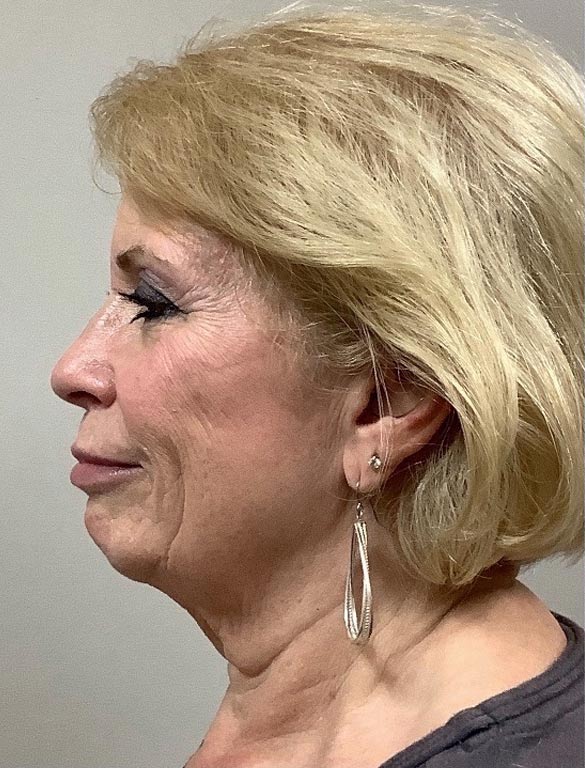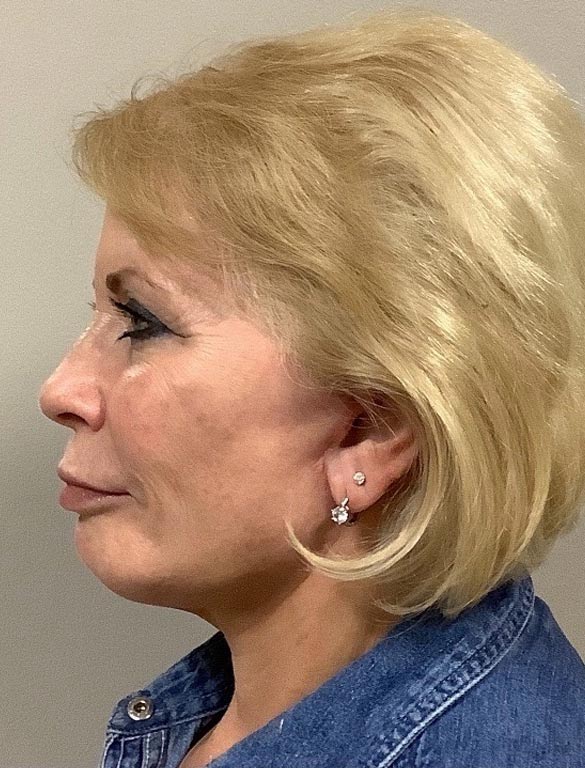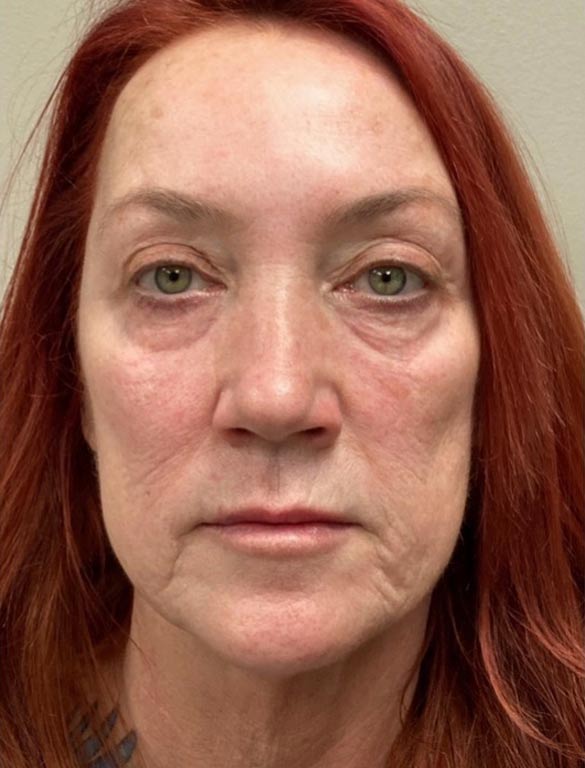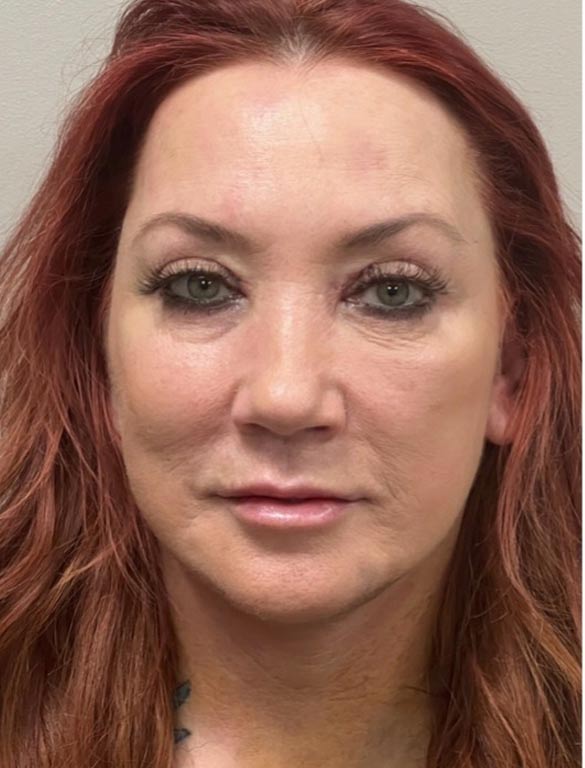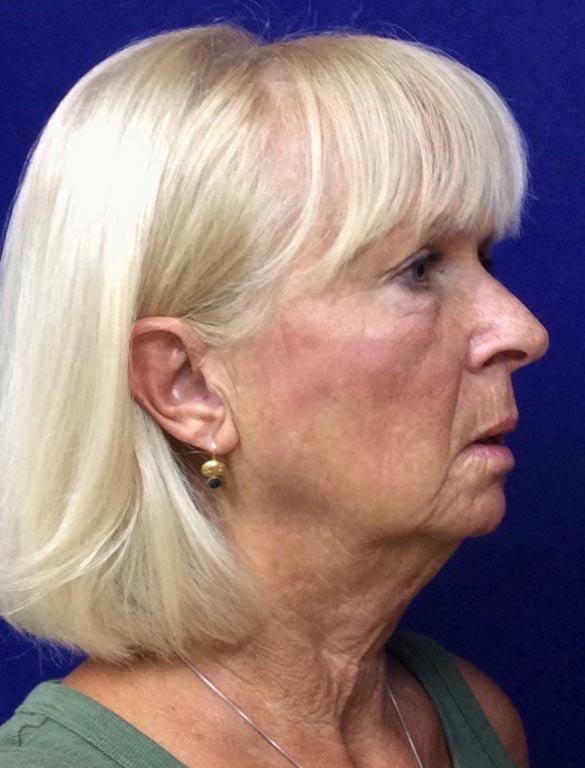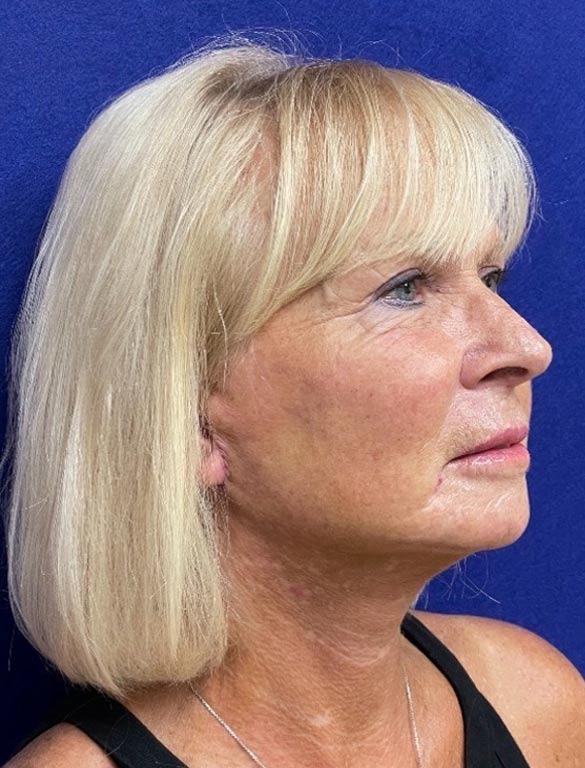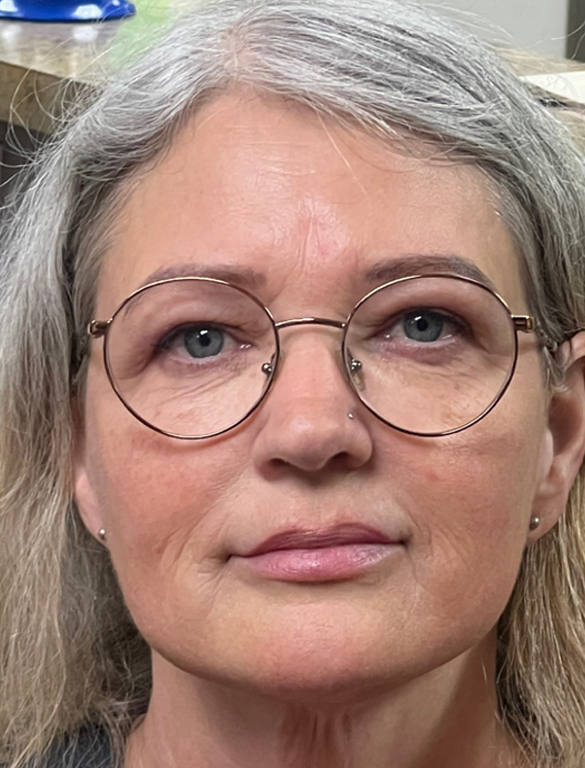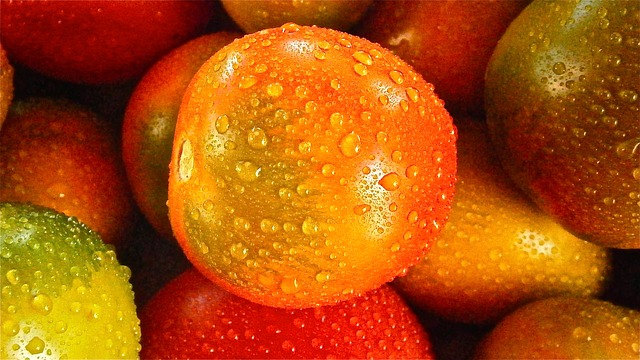When you think about it, our bodies can do some pretty amazing things. The heart beats strongly as blood flows through over 60,000 miles of arteries and veins, the lungs take in clean oxygen and expel poisonous oxygen without missing a beat, and our brains run the whole show with nary a hiccup.
Unfortunately, as we age, the parts start showing some wear and tear—especially our vascular system. Spider veins start appearing, and then varicose veins; if we’re not careful these problems can evolve into more serious vascular conditions, such as deep vein thrombosis, so it’s important not to ignore the issues when they begin.
Heredity plays a big part in vein health, as do sex, hormones, and lifestyle choices. While you may not be able to prevent the development of vein diseases, eating right can be a big help in lessening the severity of the problem. Ingesting the right nutrients can be beneficial in keeping your veins strong and working as they should.
Contents
Color Is Good
Eating a diet rich in colorful fruits and vegetables is key to maintaining strong veins. The bioflavonoids that give these foods their beautiful color is also responsible for providing them with anti-oxidants and anti-inflammatory properties. Some of the best foods to improve vein health include strawberries, citrus fruits, broccoli, brussel sprouts, tropical fruits, garlic, and spinach. The anti-oxidants in teas are also good for keeping your veins strong and healthy. And remember: the more color on your plate, the better your chances are of hitting all the essential vitamins for healthy veins.
Fiber Helps Too
Eating a fiber rich diet helps maintain your digestive functions and lowers cholesterol while helping with weight control. The recommended intake of fiber is 21-25 grams per day (for women) and 30-38 grams per day (for men), but your doctor may have other thoughts on this, so make sure to discuss it with him. Switching from white flour to wheat and eating more oatmeal, brown rice, and air-popped popcorn are healthy ways to increase your fiber intake.
Sodium and BPA Are Bad
Foods high in sodium can cause you to retain fluid which is hard on veins already prone to damage. Fast food, frozen dinners, and salad dressings are high in sodium, so avoid them as much as possible. Drink more water to flush out the sodium.
BPA (bisphenol A) is a chemical found in hard plastic used to make bottles and to line cans which can seep into the foods and beverages that fill the containers. Avoiding these chemicals can leave your legs looking healthy and strong.
For More Tips On A Healthy Diet To Improve Vein Health
Schedule a consultation with the Skin & Vein Center today and discover all the secrets that help improve vein health.

